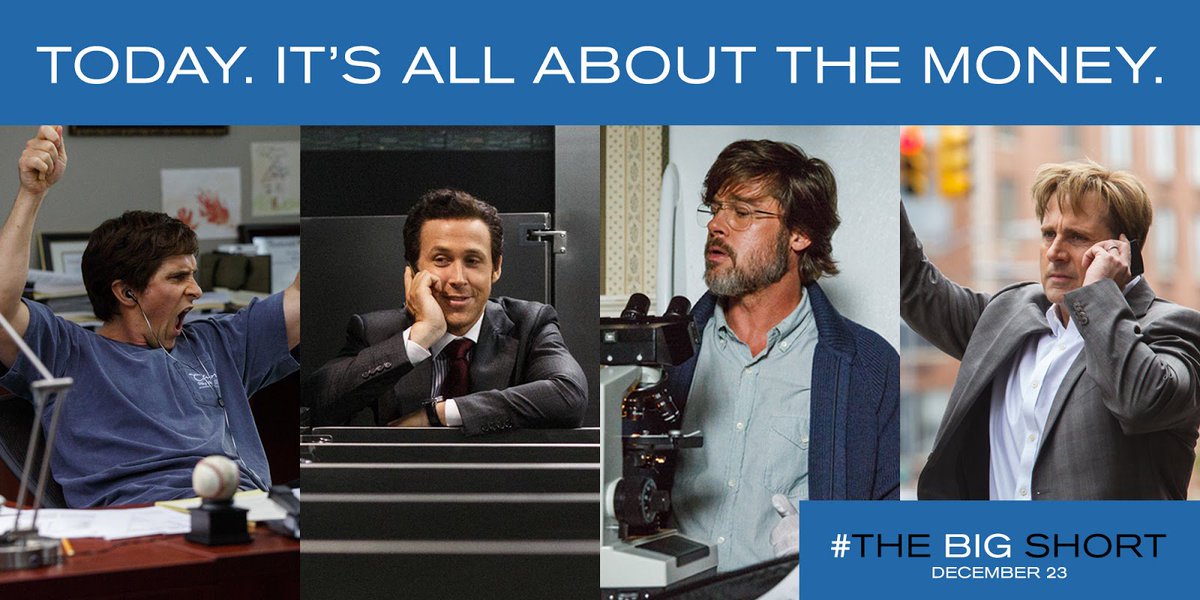 Here are some interesting quotes from The Battle of Investment Survival, by Gerald M Loeb, Simon and Schuster, 1957 (14th printing).
Here are some interesting quotes from The Battle of Investment Survival, by Gerald M Loeb, Simon and Schuster, 1957 (14th printing).
“There are some rules that hold, and my first is to buy only something that is quoted daily and can be bought and sold in an action market daily. The greater the volume of trading and the broader the market in a particular security, the closer to a fair price at a given moment that security is likely to be.”
“In my opinion, the primary factor in securing market profits lies in sensing the general trend. Are we in a deflation or inflation period? If the former, I would hardly bother to analyze most equities.”
“In short, in my opinion everything of an analytical nature covering specific securities should be persistently linked to past market appraisals and set up for use solely to determine future market possibilities.”
“Any program which involves complete investment of all capital at all times is certain to fail unless the amount of it is extremely small.”
“All this suggests the question – are we learning to trade for the quick turn or to invest for the long pull? We are investing for appreciation, and the length of time one holds a position has noting to do with it. I lean towards rather short turns for many reasons. To begin with, experience is gained much more rapidly that way. Short-term investing once mastered has very much more the elements of dependable business than the windfalls or calamities of the long pull.”
“Obviously, our ideas will sound wrong to the most people. Any investment policy followed by all naturally defeats itself. Thus the first step for the individual trying to secure or preserve capital is to detach himself from the crowd.”

 Biggest Insurance Claims
Biggest Insurance Claims 15 Trading Lessons from the The Big Short
15 Trading Lessons from the The Big Short
